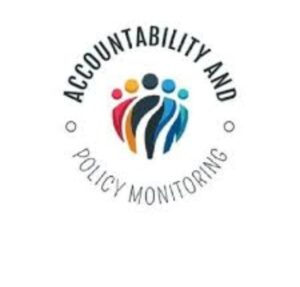APMG Carpets Lagos State Government Over Tenancy Agreement Fees

The Accountability and Policies Monitoring Group (APMG) criticizes the Lagos State Government for its stance on tenancy agreement fees. While the government has urged residents to report fees exceeding 10%, this appears to be a superficial effort that contradicts its own policies, creating confusion for tenants. The Lagos State Real Estate Regulatory Authority (LASRERA) openly states that agency fees should be 10% of total rent, and if multiple agents are involved, they can charge up to 15% collectively. Thus, asking tenants to report inflated fees that the government condones is contradictory.
This isn’t merely an inconsistency; it reflects a systemic issue that harms struggling tenants. Additionally, the incorporation of 12.5% legal fees means that tenants in Lagos might end up paying a total of 27.5% of their annual rent in fees before moving in, raising questions about the government’s commitment to supporting its residents.
In contrast, Abuja’s real estate market operates under federal regulations and traditional practices, allowing for more negotiable agency fees around 10% for annual leases and 5–10% for property purchases. Legal fees here range from 5–10%, often shared between agents and lawyers, though issues persist with agents imposing legal fees without legal representation.
Lagos, however, has now formalized exploitation. Previously, landlords and agents charged unpredictable fees, but the government has officially sanctioned these practices, granting them legitimacy instead of combating the problem.
For a government to genuinely aid its citizens, it should limit agency and legal fees to a combined maximum of 10%, ideally splitting that limit if multiple agents are involved. Anything beyond this amounts to sanctioned extortion.
We cannot address increasing homelessness and housing unaffordability while allowing policies that exacerbate economic hardship. Charging tenants 27.5% of their rent in fees is not only insensitive but detrimental to the public good.
Lagos must decide: does it prioritize the welfare of its citizens or the profits of intermediaries at the expense of those in need?







